
Hafnia has taken delivery of the ECOMAR GIRONDE, the final vessel in its four-ship ECOMAR dual-fuel methanol newbuilding program developed in joint venture with France’s Socatra, completing the newbuilding series.Built at Guangzhou Shipyard International in China, ECOMAR GIRONDE is a 49,800-deadweight dual-fuel, methanol-capable Chemical IMO II medium-range tanker.

Swan Defence and Heavy Industries (SDHI) has signed its first newbuild contract for six IMO Type II chemical tankers, marking a milestone for India’s commercial shipbuilding sector and the country’s first chemical tanker order placed with a domestic shipyard.The contract, valued at $227 million, was awarded by European shipowner Rederiet Stenersen AS and covers six 18

Singapore-based Seatrium has resolved its dispute with an affiliate of Maersk Offshore Wind, over the delivery of a wind turbine installation vessel (WTIV), originally intended for Equinor’s Empire Wind 1 project in the United States.Under the agreement Seatrium Energy reached with Maerk’s affiliate Phoenix II A/S, the parties will discontinue all legal proceedings related to the contract
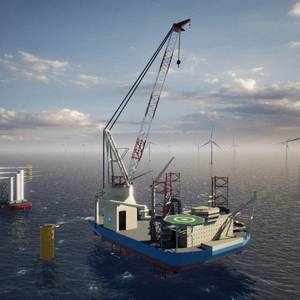
Seatrium has issued a notice of arbitration against an affiliate of Maersk Offshore Wind, escalating a dispute over the termination of a contract for a wind turbine installation vessel (WTIV) intended for the Empire Wind 1 project in the United States.The move follows a notice of arbitration delivered by the buyer on October 21
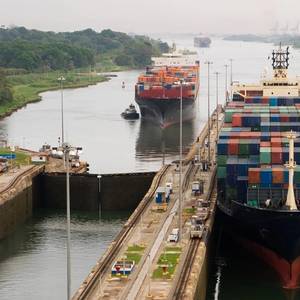
CK Hutchison's plan to sell most of its $22.8 billion ports business is unlikely to be finalised anytime soon, with political brinkmanship set to continue, and sources saying that a Sunday deadline for exclusive talks was likely to be extended.The Hong Kong conglomerate's plan to sell the business, which would include two ports along the strategically important Panama Canal
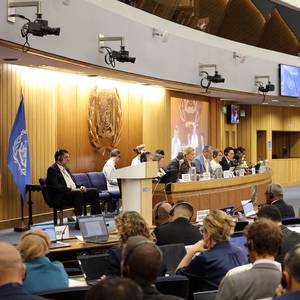
The 110th session of the Maritime Safety Committee (MSC 110) was held from June 18 to 27, with significant progress on a new non-mandatory code of safety for autonomous ships (MASS Code).The code addresses the emerging need for a regulatory framework to ensure the safe, secure and environmentally sound operation of autonomous and remote-controlled key functions.
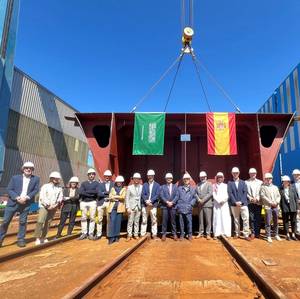
The keel laying of the new research vessel, Thuwal II, for the King Abdullah University of Science and Technology (KAUST) at the Freire Shipyard marks the beginning of a new chapter in marine research in Saudi Arabia, driving innovation in this crucial field for the country. The contract for the newbuild was announced in August 2024.
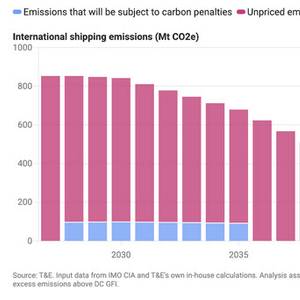
The IMO Net-zero Framework agreed at MEPC 83 last week is the first in the world to combine mandatory emissions limits and GHG pricing across an entire industry sector. The measures include a new fuel standard for ships and a global pricing mechanism for emissions. These measures, set to be formally adopted in October 2025 before entry into force in 2027
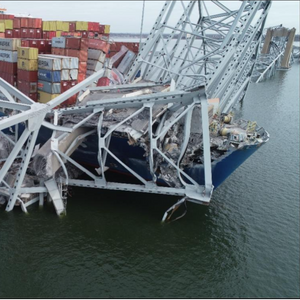
The U.S. National Transportation Safety Board (NTSB) has recommended that 30 owners of 68 bridges across 19 states conduct a vulnerability assessment to determine the risk of bridge collapse from a vessel collision.The recommendation comes as part of the ongoing investigation into the collapse of the Francis Scott Key Bridge in Baltimore.
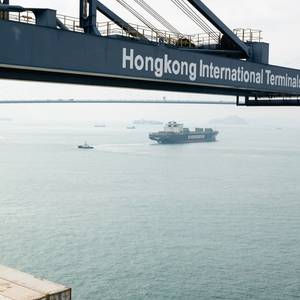
Some shipping companies are discreetly moving operations out of Hong Kong and taking vessels off its flag registry. Others are making contingency plans to do so.Behind these low-profile moves, six shipping executives said, lie concerns that their ships could be commandeered by Chinese authorities or hit with U.S. sanctions in a conflict between Beijing and Washington.
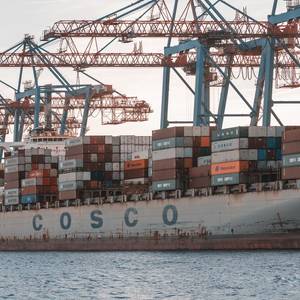
On February 21, 2025, the Office of the US Trade Representative (UST) released a notice of a proposal to impose wide-ranging fees on shipping companies and vessels with a Chinese nexus. The USTR has yet to release regulatory or administrative language that implements the proposals, and there is no guarantee this will actually happen.
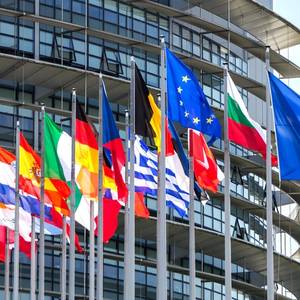
The European Commission has presented its Clean Industrial Deal which aims to accelerate decarbonization while securing the future of manufacturing in Europe.President Ursula von der Leyen said: “Europe is not only a continent of industrial innovation, but also a continent of industrial production.